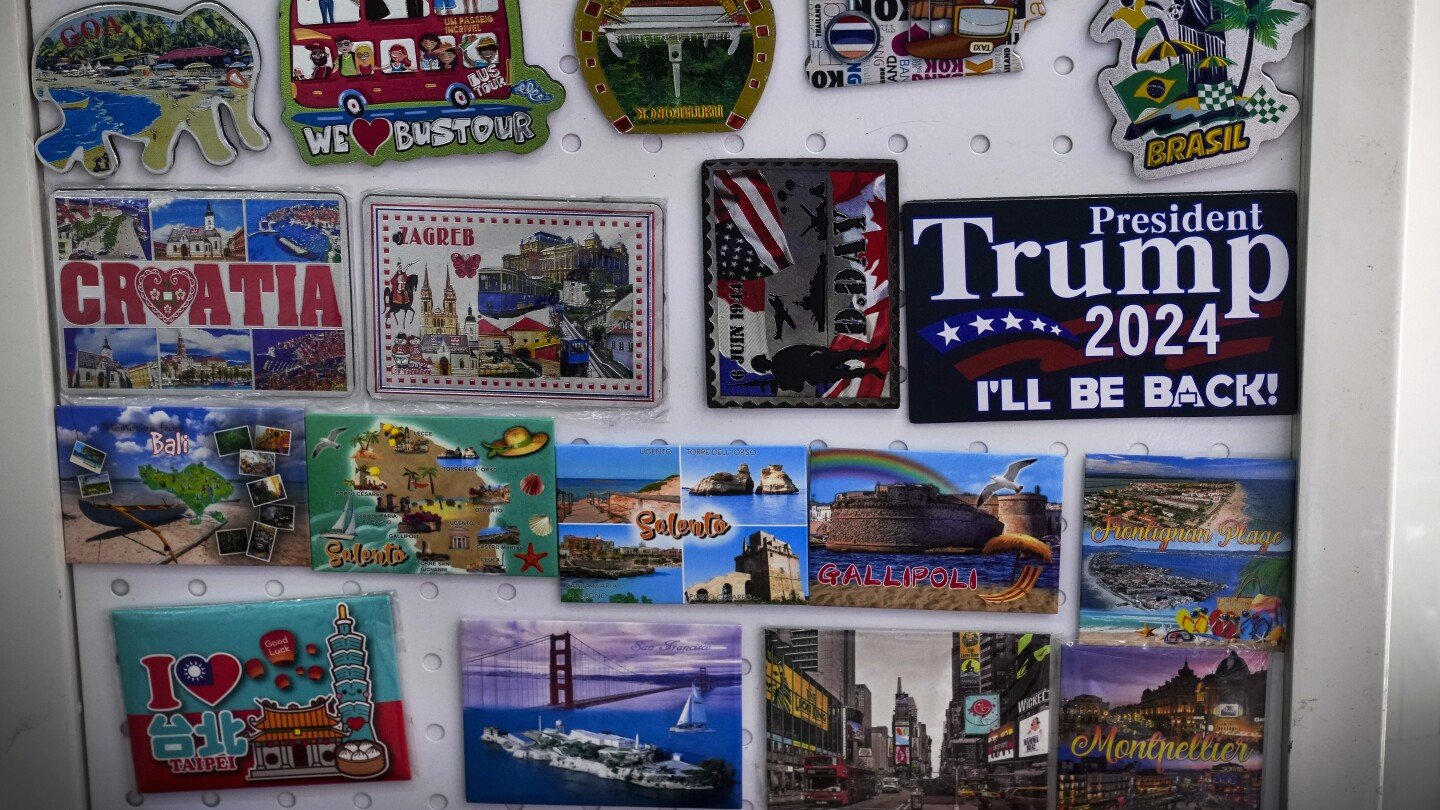- cross-posted to:
- politics
- cross-posted to:
- politics
Summary
Trump’s proposed tariff hikes on Chinese imports, potentially reaching 60%, could accelerate China’s shift to alternative markets and offshore production.
Exporters in Yiwu, a hub for small goods, report declining U.S. sales and are increasingly targeting regions like Southeast Asia, the Middle East, and Africa.
Trump also plans to close tariff loopholes, such as the $800 duty-free exemption, which would heavily impact low-cost exporters and American consumers.
Many Chinese manufacturers are relocating production to countries like Vietnam and Mexico to evade tariffs, but further restrictions could disrupt these strategies.



Usually they say “save x amount” but neglect to say over what time period we would save it. 10 years is common but not universal. It’s more about “sticker shock” than the actual truth
Even 100B/y would be shocking.
Why?
We should be spending an incredible amount on education. The entirety of our advancement as a species relies, fully, on our ability to train and educate our generations. A country’s advantage on the global stage, it’s ability to make good decisions, it’s stability, quality of life…etc All hinge on education.
The “return on investment” is massive.
Just to mainain requires incredible effort, nevermind get better.
I could not agree more, it might be the thing I’m most angry at. Our education system has been purposely fucked for decades and it’s the biggest tragedy I’ve seen.
What I’m saying is, it would surprise me very much if we actually even spent 100B a year on education, the previous comments estimate on how the 1T amount was broken down for “savings.”